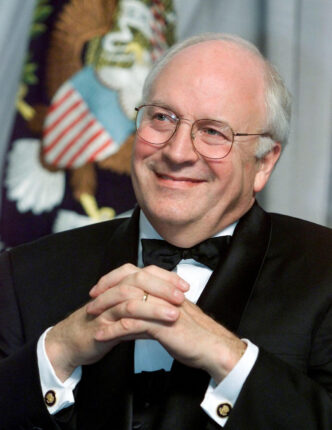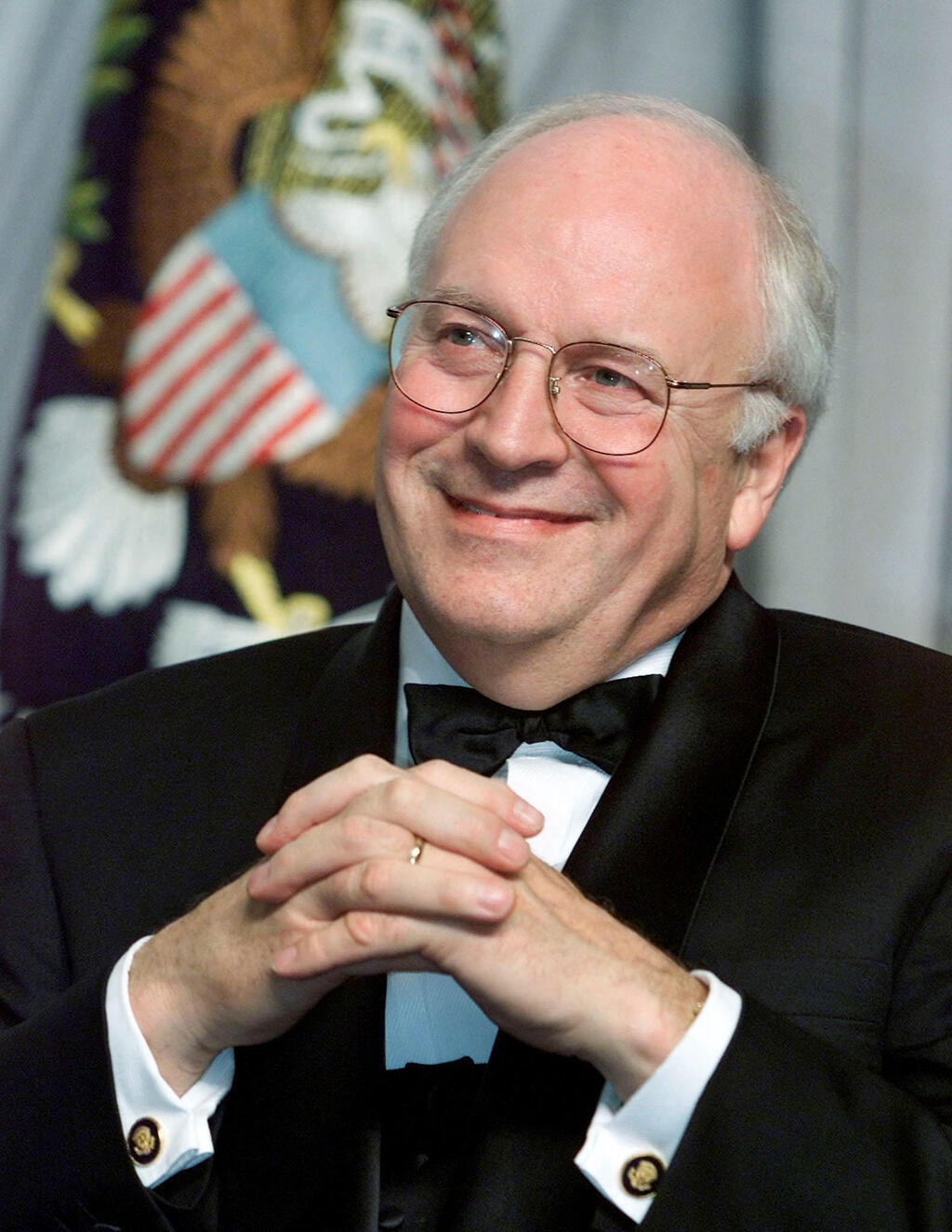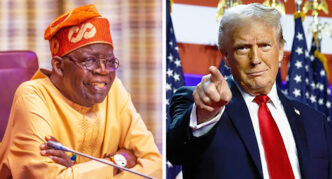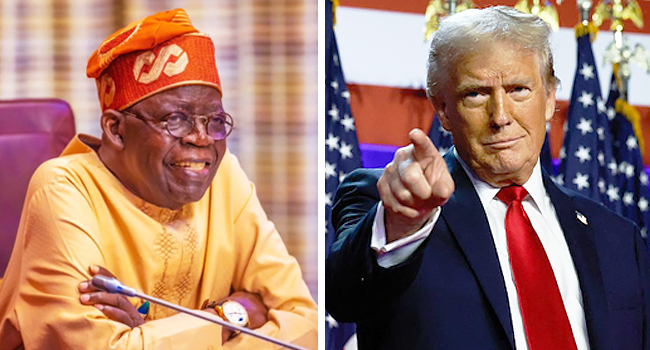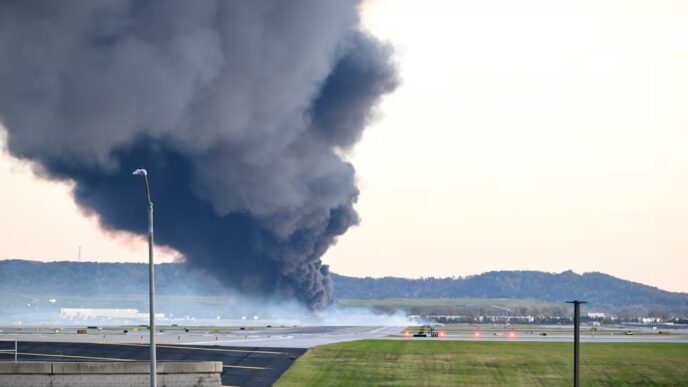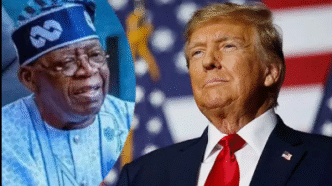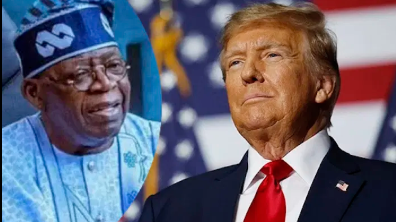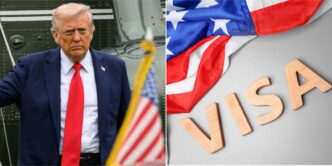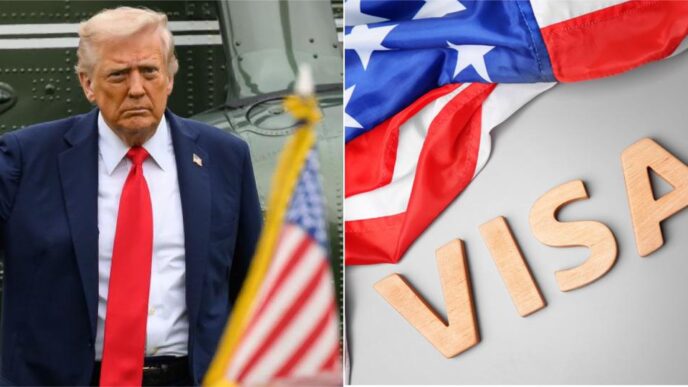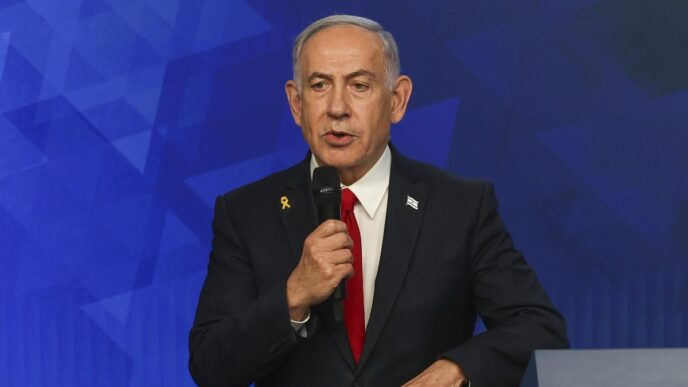The United States and the world are mourning the death of former Vice President Dick Cheney, who passed away on Tuesday at the age of 84. Cheney, a defining force in American politics and one of the most powerful vice presidents in U.S. history, died from complications of pneumonia and cardiac and vascular disease, his family confirmed.
The family statement revealed that his wife of 61 years, Lynne Cheney, and their daughters, Liz and Mary, were at his bedside when he passed.
The family described his death as peaceful.
Cheney’s death marks the end of an era in American politics.
“Dick Cheney played a paramount role in decisions that ranged from war and peace to the economy, the environment, and the meaning of the law,” said Barton Gellman, author of Angler: The Cheney Vice Presidency.
Throughout his eight years as vice president, Cheney was often viewed as a shadow president, quietly wielding immense influence behind the scenes.
His strong views on national security after the September 11, 2001, attacks reshaped America’s foreign policy for decades.
After 9/11, Cheney advanced what became known as the “One Percent Doctrine”, which justified preemptive action against any potential threat to the United States.
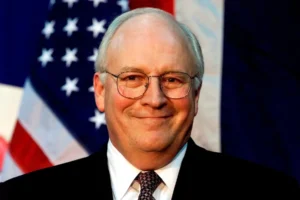
“We realize that wars are never won on the defensive,” Cheney famously said in 2002. “We must take the battle to the enemy.”
His hardline stance made him both respected and criticized.
Supporters hailed him as a patriot and strategist, while critics accused him of overreach and secrecy even dubbing him “Darth Vader” for his unapologetic exercise of power.
Born on January 30, 1941, in Lincoln, Nebraska, Cheney grew up in Wyoming and attended the University of Wyoming, where he graduated in 1965.
He later joined President Richard Nixon’s administration, working closely with Donald Rumsfeld.
His big break came when he became White House Chief of Staff under President Gerald Ford, where he gained a reputation for efficiency and loyalty.
Cheney then served as Wyoming’s representative in Congress, later becoming Secretary of Defense under George H.W. Bush, overseeing the Gulf War in 1991.
He returned to politics in 2000 as George W. Bush’s running mate, and together they led during one of America’s most turbulent decades.
Even after leaving office, Cheney remained an active voice in U.S. politics.
He defended his policies during the Iraq Warand later joined other former defense secretaries in declaring that Donald Trump lost the 2020 election, urging a peaceful transfer of power.
His daughter, Liz Cheney, became one of Trump’s fiercest critics, a stance her father publicly supported.
“In our nation’s 246-year history, there has never been an individual who is a greater threat to our republic than Donald Trump,” Cheney said in 2022 while endorsing his daughter’s congressional campaign.
Despite health challenges, including multiple heart attacks and a heart transplant in 2012, Cheney continued to appear at public events and political discussions until late 2024.
His final years were marked by quiet reflection and unwavering support for democratic principles. In 2024, he and his daughter announced they would vote for Democratic nominee Kamala Harris.
Cheney’s passing closes the chapter on one of the most controversial yet consequential political lives in modern U.S. history.
From his decisive role in global warfare to his complex relationship with power, his influence will remain deeply woven into the American story.
